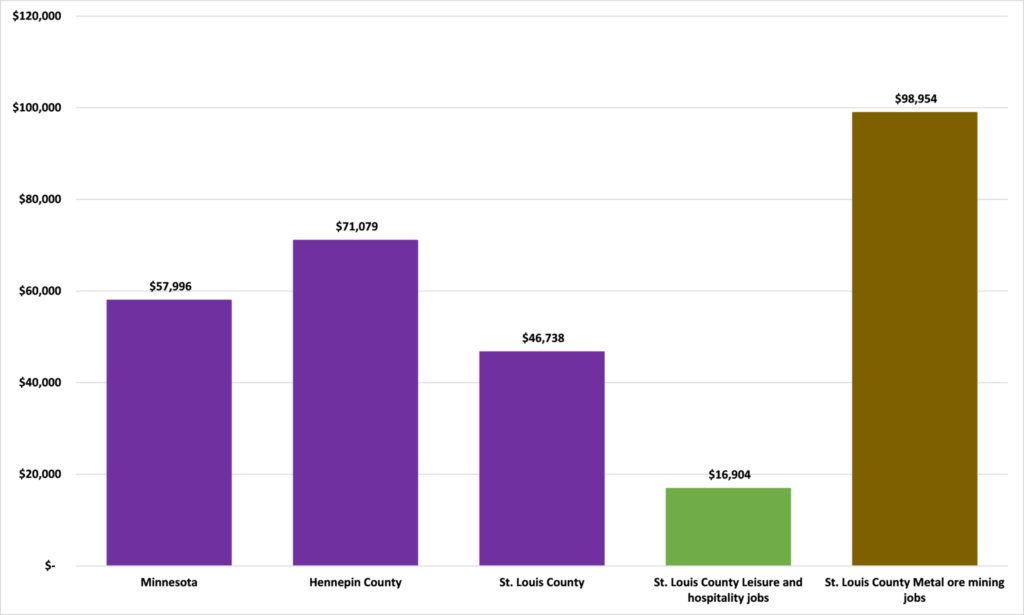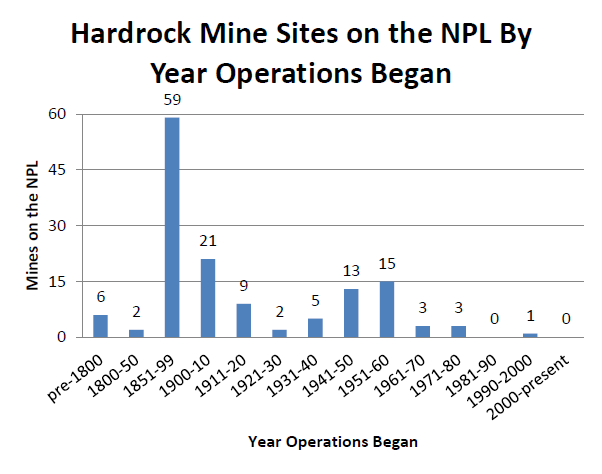Pro-mining DFL senator ousted in August 11 primary
Pro-mining DLFers in Minnesota lost an ally yesterday, as State Senator Erik Simonson lost his primary race to anti-mining political newcomer, Jen McEwen. The results of this primary, along with the replacement of Senator Tom Bakk with Susan Kent as the DFL minority leader, clearly show that the party is moving further away from its roots in rural farming and labor issues, toward favoring urban environmentalists.
According to the Duluth News Tribune:
The debate over whether copper-nickel sulfide deposits should be mined in the Northland has loomed large in the campaign.
“I’ve tried to come at this from a practical, common-sense standpoint and say: We can’t have it one way or the other,” Simonson said. “We have to figure out a way to do both. We have to be responsible for the environment; we have to do things in a safe way. But at the same time, we can’t just deny the fact that these minerals are in the ground and that people are going to figure out a way to get them out.”
But McEwen warned that whatever economic benefit copper-nickel mines bring to the region likely will be short-lived.
“Going the route of copper-nickel sulfide mining would be disastrous. It would be disastrous for our economy as a whole that relies on our clean water and our rich natural resources up here,” she said.
McEwen’s position on mining is wrong, of course. Minnesota has some of the largest undeveloped deposits of copper, nickel, and cobalt in the world, which means mining these minerals could create high-paying, family-supporting jobs on the Iron Range for a whole new generation.
According to data from the Bureau of Labor Statistics, mining jobs in Minnesota have wages of nearly $100,000. It is no wonder that Iron Rangers are eager to have more opportunities in the mining industry, or why they reject the idea that the Iron Range economy should consist of low-paying tourism jobs, as many urban liberals have suggested.

More importantly, McEwen is wrong when she claims mining would be disastrous for the environment. Minnesota has some of the strictest environmental standards for mining in the entire world. In fact, no mines permitted since 1990 by either the Bureau of Land Management (BLM) or the U.S. Forest Service have been added to the National Priorities List (NPL), a prerequisite to becoming a Superfund site: BLM has approved 659 mining plans since 1990, and the Forest Service has approved 2,685 plans since 1990 with no sites being placed on the NPL.

The Barite Hill Mine in South Carolina is the only site that has been added to the NPL since 1990. Based on EPA’s research about this site, EPA states that it does
not consider the mine to be representative of modern mining practices and instead would be more properly characterized as a legacy mine site.
Mining can, and is, being conducted in an environmentally responsible way in the United States. If we don’t mine here, where environmental protections are strong, then production will shift to areas of the world where protections are weak. We do more good for the environment by doing the job right, right here in Minnesota.
Cynthia Rugeley, a political science professor at the University of Minnesota Duluth, said McEwen seems to represent the more liberal wing of the DFL party, inspired by the likes of Sens. Bernie Sanders and Elizabeth Warren, while Simonson seems to represent the more traditional, labor union-driven wing.
Rugeley said those party divisions are laid bare by disputes over the future of copper-nickel sulfide mining.
“It’s almost like there is no other issue in this area of the state any more,” she said. “On a personal level, I find that distressing, because I think that it kind of takes away from a lot of the issues that really need to be talked about.”
Simonson agreed that the prospect of copper-nickel has polarized the party.
“It still to this day baffles me that this has become such a wedge issue,” he said.
The same people who are the biggest proponents of a Minnesota Green New Deal are the same people who want to eliminate mining in Minnesota. They either do not understand the hypocrisy of their position, given the massive amount of metal it would require to run our state on wind, solar, and battery storage, or they see energy policy as a tool to kill mining by raising electricity prices and making it too expensive to mine in Minnesota.
Iron Rangers have a proud history of mining, and they are proud of their mining present. These hardworking Minnesotans deserve the opportunity to develop the region’s massive copper-nickel deposits in an environmentally responsible way as part of their mining future. Doing so will allow thousands of people to live comfortably, buy a house, and save money for their kids’ college funds.
High wage earners in the Twin Cities take these life milestones for granted, but these opportunities simply aren’t possible with tourism jobs that only pay $17,000 per year. All Minnesotans deserve an opportunity to chase their version of the American Dream, and copper-nickel mining should be one way of achieving it.